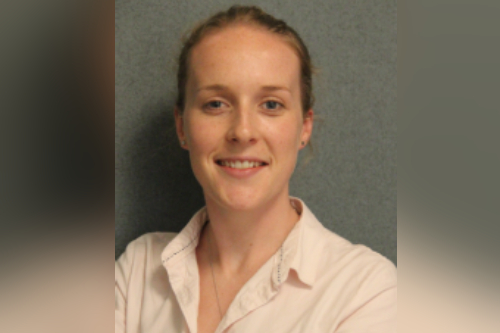

Insurance billionaire Warren Buffett recently resigned as a trustee of the Bill and Melinda Gates Foundation after 15 years in the role.
The 90-year-old chairman and CEO of Berkshire Hathaway – which owns more than 60 companies, including insurer GEICO, battery maker Duracell and restaurant chain Dairy Queen – exited the Gates Foundation on Wednesday, June 23, at a time when the charity was embroiled in controversy.
Not only is the foundation in the spotlight over the high-profile divorce of its namesake founders, but founder Bill Gates and money manager of the charity’s endowment, Michael Larson, have also found themselves at the center of allegations of misconduct towards women – accusations that both men strongly deny.
While Buffett, the ninth-richest person in the world, appears to be distancing himself from fellow billionaire Gates’ fall from grace, the insurance juggernaut is facing some controversy of his own. He was recently named in a ProPublica investigation into how little income tax the ultra-wealthy pay in the United States.
Read next: The D&O risks of SPACs
ProPublica revealed that Buffett minimizes his personal tax bill by keeping his fortune in Berkshire Hathaway stock and not paying a dividend. Buffett has since responded with a 23-page document explaining that Berkshire Hathaway’s shareholders don’t want a dividend. He said they “enjoy the long-term buildup in value, knowing that it is destined for philanthropy, not consumption or dynastic aspirations.”
Buffett also pointed out that he has pledged to give over 99% of his net worth to philanthropic causes, and has donated nearly half of his nearly 475,000 “A” shares since 2006. Unfortunately for Buffett, the fact that he has to defend himself in the first place – in the midst of a pandemic when many Americans are suffering financially – makes him a prime target of wrath.
So, we’ve got billionaire business magnates distancing themselves from each other and having to dodge controversy at every turn … things aren’t looking good for old-school corporate America.
This, in turn, is bad news for the insurance industry. In recent years, the phenomenon of social inflation has become a huge pain point in liability insurance – especially in litigious societies like the United States, Australia and the United Kingdom. Social inflation is a term used to describe the rising costs of insurance claims resulting from increased litigation, broader definitions of liability, more plaintiff/claimant-friendly legal decisions, and larger (sometimes nuclear) compensatory jury awards.
Read more: The power of the brand
Where the sting of social inflation has really been sharp has been in cases involving public-facing large corporations that “should know better” than their alleged misdeeds, and “have too much money anyway”. They’re the firms facing the full force of anti-corporate sentiment, and they’re the ones now struggling to secure adequate limits of liability insurance.
This problem clearly isn’t going away any time soon. The fact that Warren Buffett – the so-called Oracle of Omaha (a nickname he earned as one of the world’s most successful and closely followed investors) – is having to distance himself from Bill Gates and defend his personal wealth, aged 90, after a stunning career untouched by scandal, is proof in the pudding.
There are lessons to be learned from this. Large corporations – and the business magnates behind them – must retain impeccable public standing if they wish to avoid the potential tsunami of social inflation. One accusation, whether true or not, is enough to trigger a Bill Gates-style fall from grace – one that will likely come with a sizeable dent to a company’s bottom line.
